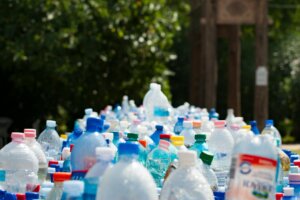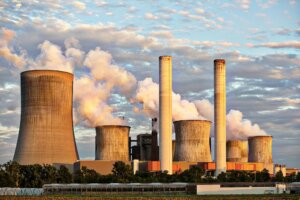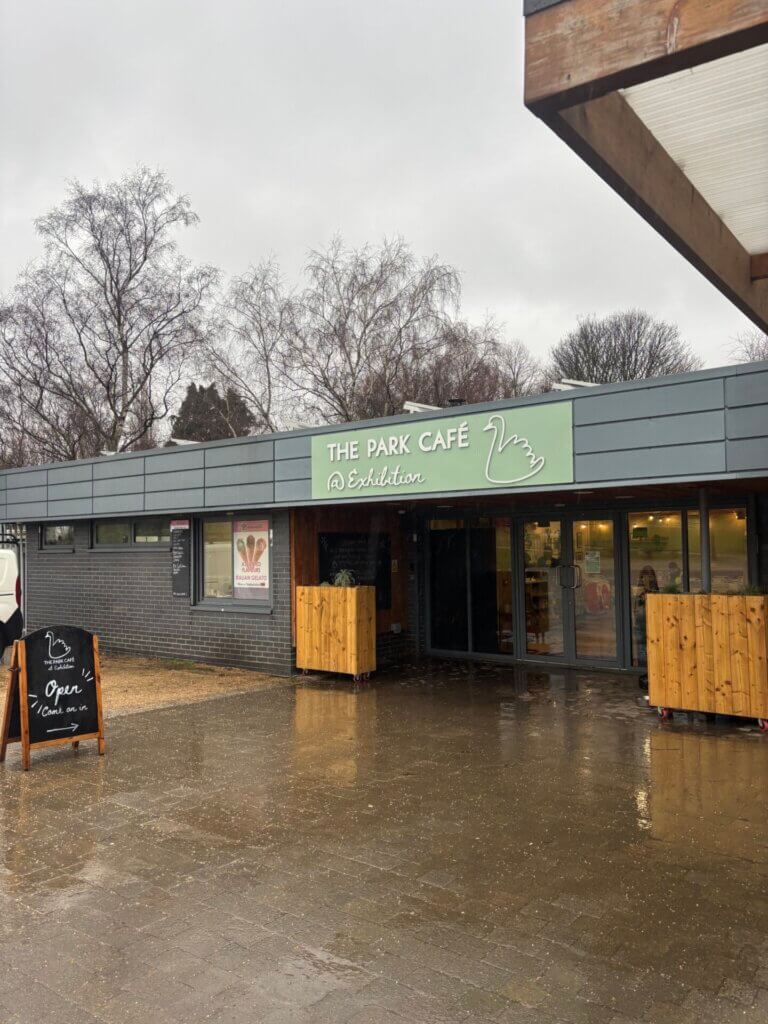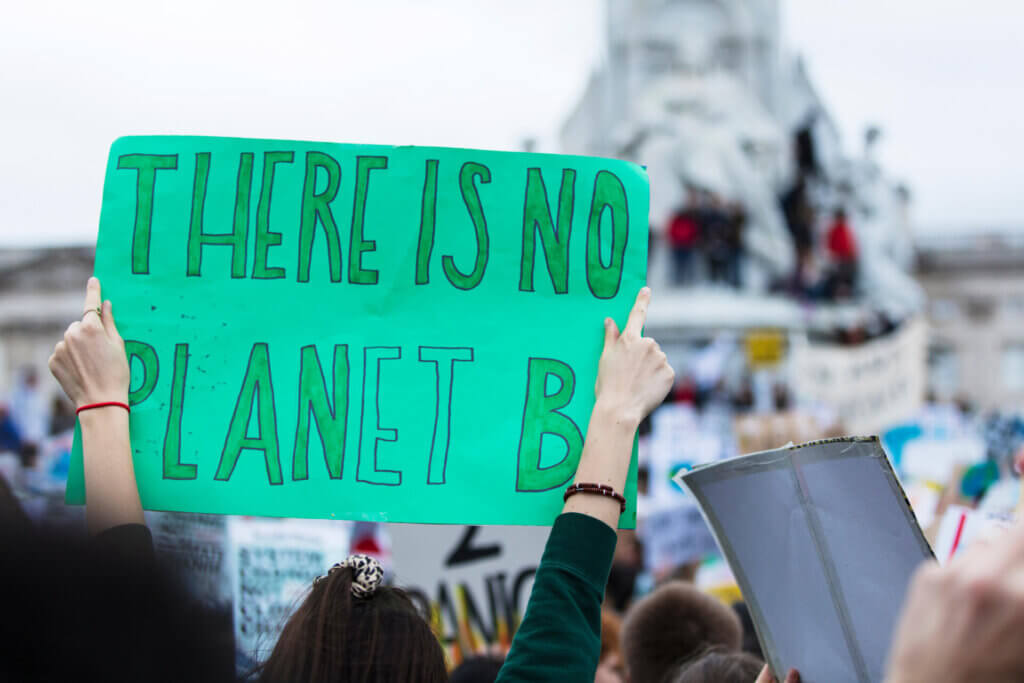County Durham recycling contamination at lowest point in 4 years, an investigation has revealed
Written by Lily Ballentine on 27th June 2025
A freedom of information request has shown that the amount of recycling that could not be reprocessed due to contaminated material was at a low in 2023/24.

(Image credit: mali maeder / Pexels)
The request was made to Durham County Council and relates to dry, household recycling collected from kerbsides across County Durham.
Recycling contamination occurs when something is either put in the right bin, but not recycled correctly, or put in the wrong bin altogether.
Peter Bell, a Durham local who works for North Yorkshire County Council as a schools carbon reduction officer said: “We need awareness campaigns for people who simply don’t know what to do to maximise recycling.”
Whilst in 2023/24, contaminated recycling figures were at the lowest point in four financial years, numbers had fluctuated prior to this, as shown below.
Mr Bell stressed the lack of awareness surrounding how to recycle things correctly.
“We need to run awareness campaigns on TV to get people to simply understand what’s recycling and what’s not”, he commented.
Aside from putting something unrecyclable in the recycling bin, there are numerous ways that material can become contaminated. They fall under two main categories.
The first is when something is recyclable but does not get collected by the local council. Examples of this include plastic packaging, drinking glasses and cutlery.
The second category is when something is put in the recycling bin correctly but is contaminated with something unrecyclable, such as food packaging with food left in it.
The effects of contamination can be detrimental. Most notably, it can result in entire lorry-loads of material being unable to be recycled. As well as increasing collection and sorting costs, it can also diminish the value of recyclable materials, resulting in their disposal.
This will have a knock-on environmental impact as recycling plays an important role in helping to fight climate change. According to Recycle Now, in the UK, the amount of carbon emissions saved by recycling per year is equal to taking 3.5 million cars off the road.

(Image credit: Pixabay / Pexels)
Alongside other benefits, it also prevents the extraction of raw materials, a process that releases greenhouse gases. In addition, it conserves energy because it takes less energy to manufacture something new from something that has been recycled.
On the topic of plastic, Mr Bell said: “The problem of plastics is well known and we need to find ways to recycle it better. No one knows how long it lasts for and we are ultimately poisoning ourselves with microplastics in the food chain.”
He added: “Hard plastic like toys cannot be recycled but others can. I welcome ideas like new soft plastic (crisps bags) being returned to the shop and people are starting to do it.”
Referring to the “outcry” about attached bottle tops, Mr Bell went on to say: “Keeping the bottle top attached allows all of it to be recycled as they now melt at the same temperature in the recycling process. Makes sense, but no one is raising awareness about why it’s now like that.”
To find out more information about recycling contamination, follow this link.
To find out more about what you can recycle at home or in your local area, follow this link.
To find out how to recycle specific items, see this link.







